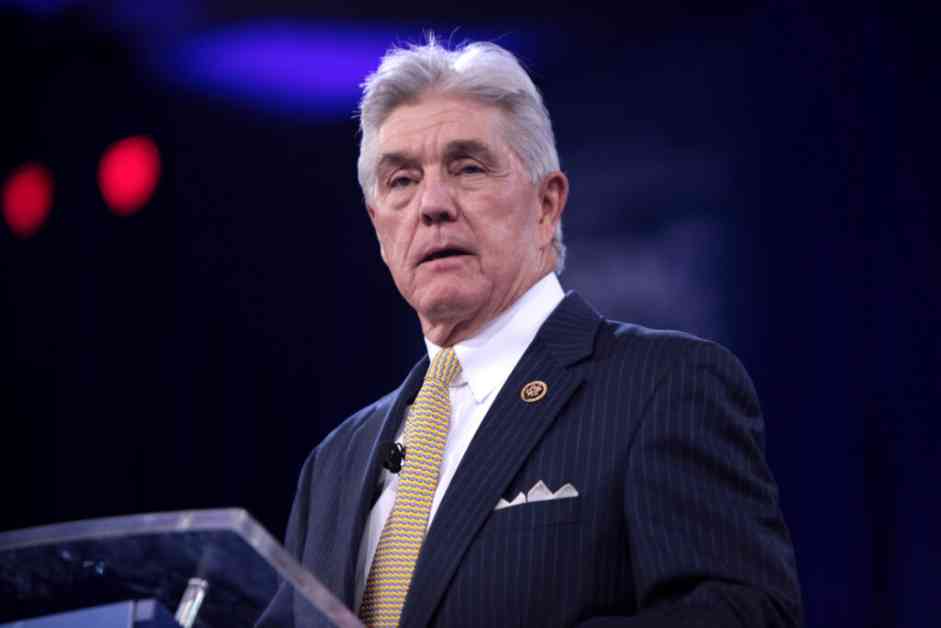U.S. Rep. Roger Williams, R-Willow Park, has recently put forth a bill aimed at securing federal reimbursement for Texas’ Operation Lone Star, a longstanding border security initiative spearheaded by Governor Greg Abbott. This move comes on the heels of Abbott’s public call for the federal government to cover the costs incurred by the state in its efforts to bolster border security. The Governor even met with former President Trump to discuss the matter just last week.
According to James Barragán, a seasoned politics reporter at The Texas Tribune, Texas has a history of seeking financial restitution from the federal government for various expenditures. Barragán notes that the state has previously attempted to recoup funds by sending checks and invoices to federal agencies, a tactic that has yet to yield significant results. However, with Williams’ current bill garnering more support than his previous attempt in 2024, there is a sense of growing momentum behind the initiative.
Challenges and Prospects for the Bill
Despite the increased backing for Williams’ bill, there are still uncertainties surrounding its ultimate success. While the previous iteration of the bill only had two co-sponsors in the House, the current version boasts seven supporters, indicating a more favorable reception among lawmakers. Barragán suggests that the bill’s traction may signal a shift towards a more serious consideration of the issue at hand within the legislative realm. However, the broader question remains whether the bill will amass adequate support from Congress as a whole to secure its passage.
The proposed mechanism for reimbursement involves the state submitting invoices to the federal government, with the funds ultimately coming from the Treasury Department. The specifics of how this process would unfold, as well as the likelihood of the bill passing, remain ambiguous. Nonetheless, the heightened interest and support surrounding the bill suggest that it may have a better chance of moving forward this time around.
Implications for Texas Politics and Beyond
The push for federal reimbursement for Operation Lone Star underscores the ongoing interplay between state and federal authorities in addressing critical issues such as border security. The financial implications of this bill extend beyond Texas, serving as a microcosm of the broader dynamics at play in national politics. As states grapple with pressing challenges like border security, the question of federal reimbursement becomes a focal point for negotiations and policy debates.
The evolving landscape of Texas politics, as evidenced by the current bill introduced by Rep. Williams, highlights the intricate web of relationships and interests that define governance at both the state and federal levels. The outcome of this legislative effort will not only impact Texas’ border security initiatives but also set a precedent for future interactions between states and the federal government on matters of shared concern.
In conclusion, the quest for federal reimbursement for Operation Lone Star represents a pivotal moment in the ongoing dialogue between Texas and the federal government. As policymakers navigate the complexities of funding allocations and intergovernmental relations, the outcome of this bill will reverberate far beyond the Lone Star State, shaping the contours of border security policy and financial accountability in the broader political landscape.















